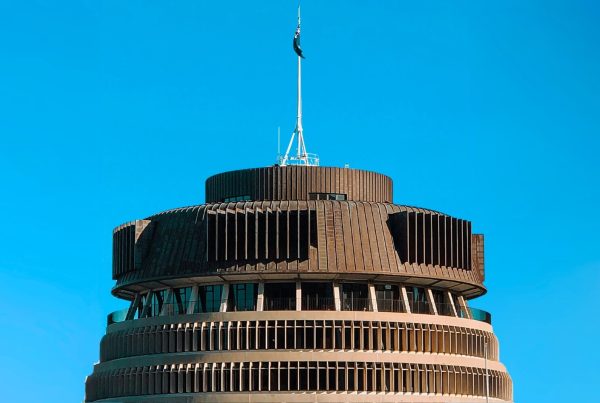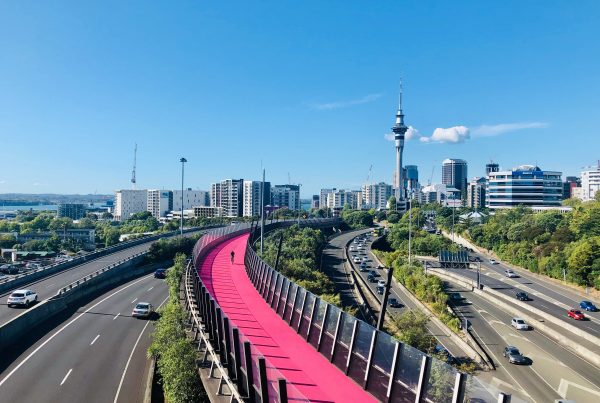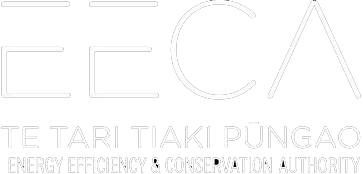The objectives of the day were to:
- Increase dialogue about the benefits, opportunities and challenges of deploying EV and hydrogen technologies
- Demonstrate the rapid pace of change in technology development and costs of these technologies to ensure that policymakers can make sound long-term investment decisions
- Identify barriers and share best policy practise to stimulate the APEC hydrogen and EV markets, thereby expediting the transition to a low-carbon economy.
The first speaker was Tony Seba, well known for his “Clean Disruption” book and presentation on the rise of EVs. His major point was that these disruptive influences (e.g. ride-hailing, EVs, AVs etc.) are not an energy transition, they are a technology transition like going from typewriter on wheels to computers on wheels.
Seba forecasts the demand for new vehicles will substantially drop from 2024; oil demand will peak in 2020; parking will become obsolete (through TaaS- Transport as a Service); families will be delivered a USD5600pa uplift from not needing to own and operate a car; environmental benefit could see a reduction of up to 90% of CO2 from automobiles; and a redesign for roads and roadsides for humans, not for cars! Incidentally, Seba stated he hasn’t owned a car in the USA for over 10 years.
A common theme internationally was access to charging infrastructure with differing views as to whose responsibility this is – public or private? Presentations from the USA pointed towards a similar roll out to New Zealand, and also similar promotional rollouts of events such as those run by the Better NZ Trust. Japanese presentations were very technical and heavily policy focussed, with Government seeming to control the roll out quite specifically. Australia was represented by the EV Council of Australia. We will maintain contact with this new body, as it seeks to gain some traction in a market with a low penetration of EVs, but quite a well-developed PV market- so battery storage is already quite advanced. Most markets are still looking for incentive programmes, so theNew Zealand presentation from EECA was interesting for the group.
Mark’s view on hydrogen is unchanged, in that it has a place, butNew Zealand doesn’t need to have this right now. We have such high levels of renewable energy, let’s really tuck into that and create a problem that may need hydrogen as a solution! But we should keep an open mind, as being a country that is a technology taker; we may have to suck it up if the new world order of car manufacturers decides hydrogen fuel cell vehicles are the future.
Thankfully for the time being the focus is more on EVs and AVs, which sits well with Drive Electric and New Zealand for the time being.




